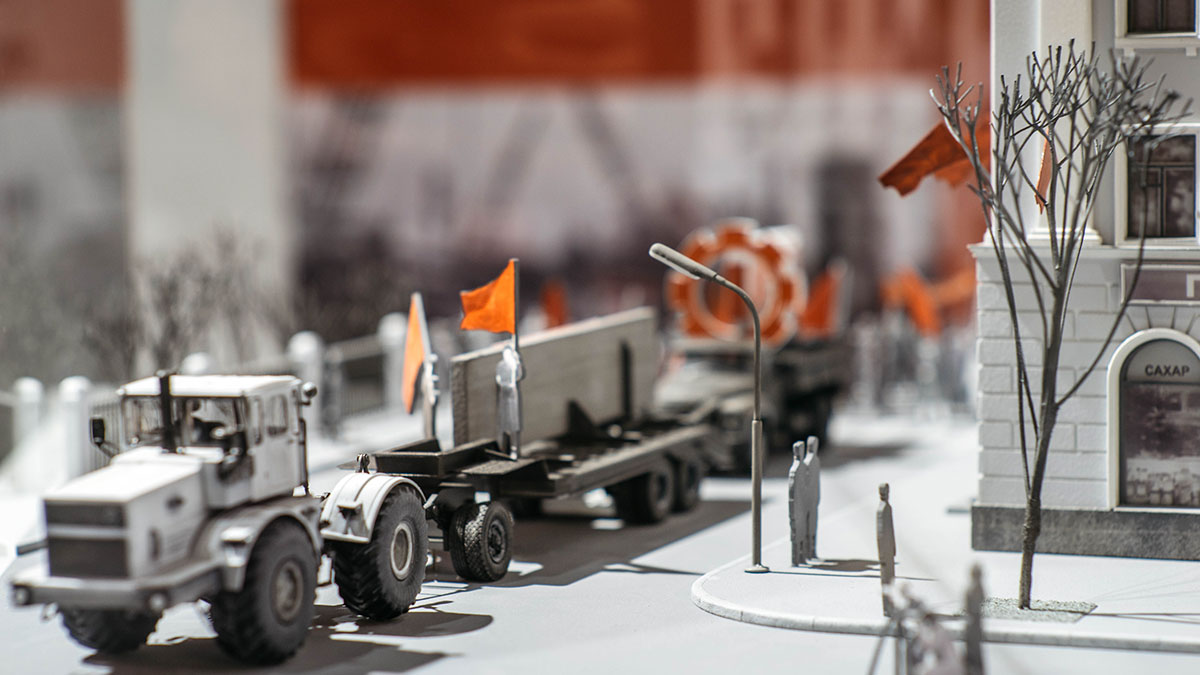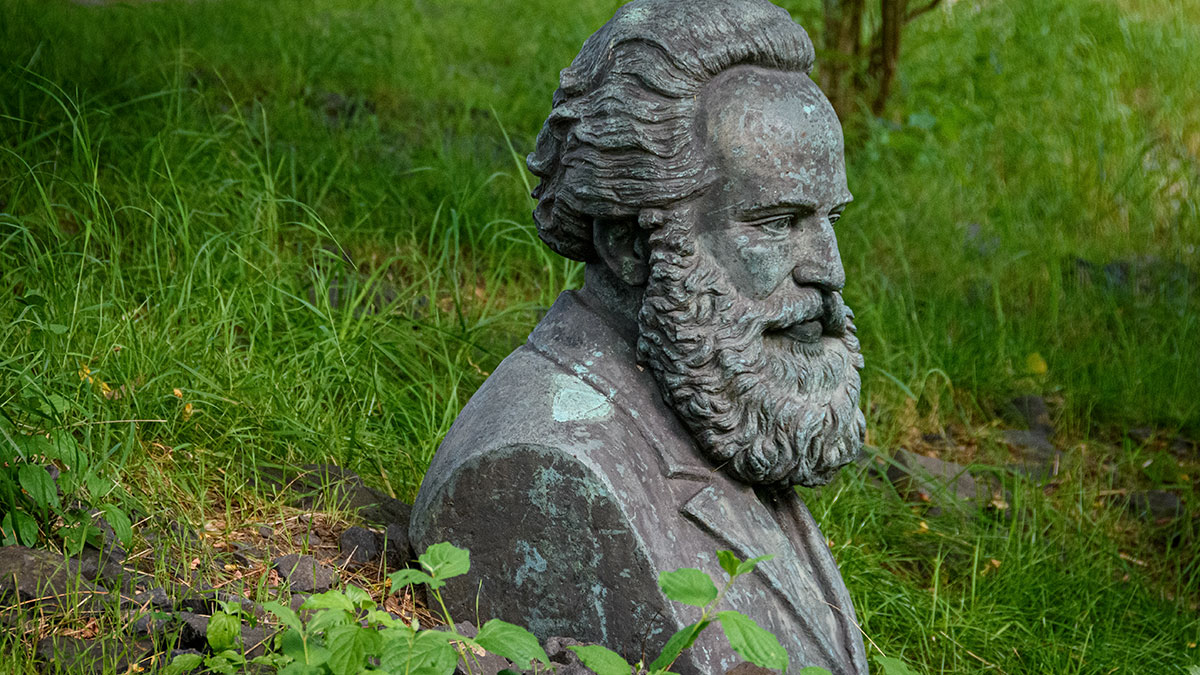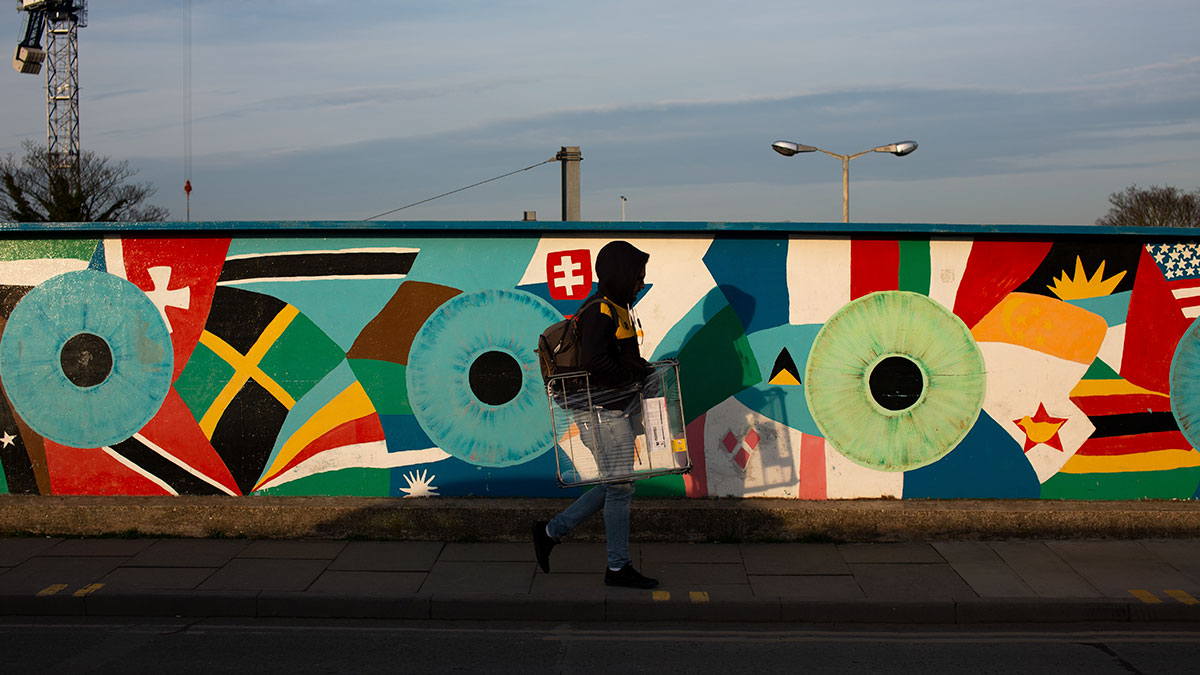This is only the Introduction — the full pamphlet can be read at https://www.marxists.org/archive/brinton/1970/workers-control/01.htm#h1
Introduction
This pamphlet has two aims. It seeks to contribute new factual material to the current discussion on “workers’ control”. And it attempts a new kind of analysis of the fate of the Russian Revolution. The two objectives, as will be shown, are inter-related.
“Workers’ control” is again being talked about. Nationalization (whether of the Western or Eastern variety) and the rule of the “Party of the working class” (whether of the Eastern or Western variety) have manifestly failed. They have not satisfied the hopes and expectations of ordinary people – or given them any real say in determining the conditions under which they live. This has created new interest in the subject of “workers’ control” and in ideas which, in a different context, were common currency at the beginning of the century.
Today people as different as Young Liberals and Labour “lefts”, tired trade union officials and “Trotskyists” of one kind or another – not to mention anarcho-syndicalists and “libertarian Marxists” – all talk about “workers’ control”. This suggests one of two things. Either these people have common objectives – which seems unlikely – or the words serve to mask as much as they convey. We hope to dispel some of the confusion by recalling how, at a critical stage of history, the advocates of different conceptions of “workers’ control” confronted one another and by showing who won, why they won, and what the consequences were to be.
This return to the historical roots of the controversy is not motivated by an addiction to archivism or by a partiality for the esoteric. The revolutionary movement in Britain – unlike that in several European countries – has never been much concerned with theory, preferring on the whole an empirical, “suck-it-and-see” kind of approach. This may at times have helped it avoid becoming bogged down in the swamps of metaphysical speculation but the overhead costs – in terms of clarity and consistency – have been heavy. Without a clear understanding of objectives and of the forces (including ideological forces) impeding advance – in short without a sense of history – the revolutionary struggle tends to become “all movement and no direction”. Without clear perspectives, revolutionaries tend to fall into traps – or be diverted into blind alleys – which, with a little knowledge of their own past, they could easily have avoided.
The confusion about workers’ control (at least in Britain) is partly terminological. In the British movement (and to a lesser extent in the English language) a clear-cut distinction is seldom made between “control” and “management”, functions which may occasionally overlap but are usually quite distinct. In French, Spanish or Russian political literature two separate terms (contrôle and gestion, control and gerencia, kontrolia and upravleniye) refer respectively to partial or total domination of the producers over the productive process. A moment’s reflection will make it obvious why one must make this distinction.
Two possible situations come to mind. In one the working class (the collective producer) takes all the fundamental decisions. It does so directly, through organisms of its own choice with which it identifies itself completely or which it feels it can totally dominate (Factory Committees, Workers’ Councils, etc.). These bodies, composed of elected and revocable delegates probably federate on a regional and national basis. They decide (allowing the maximum possible autonomy for local units) what to produce, how to produce it, at what cost to produce it, at whose cost to produce it. The other possible situation is one in which these fundamental decisions are taken “elsewhere”, “from the outside”, i.e. by the State, by the Party, or by some other organism without deep and direct roots in the productive process itself. The “separation of the producers from the means of production” (the basis of all class society) is maintained. The oppressive effects of this type of arrangement soon manifest themselves. This happens whatever the revolutionary good intentions of the agency in question, and whatever provisions it may (or may not) make for policy decisions to be submitted from time to time for ratification or amendment.
There are words to describe these two states of affairs. To manage is to initiate the decisions oneself, as a sovereign person or collectivity, in full knowledge of all the relevant facts. To control is to supervise, inspect or check decisions initiated by others. “Control” implies a limitation of sovereignty or, at best, a state of duality of power, wherein some people determine the objectives while others see that the appropriate means are used to achieve them. Historically, controversies about workers’ control have tended to break out precisely in such conditions of economic dual power.
Like all forms of dual power, economic dual power is essentially unstable. It will evolve into a consolidation of bureaucratic power (with the working class exerting less and less of the control). Or it will evolve into workers’ management, with the working class taking over all managerial functions. Since 1961, when Solidarity started advocating “workers’ management of production”, others have begun to call for “workers’ direct control”, “workers’ full control”, etc. – so many tacit admissions of the inadequacy (or at least ambiguity) of previous formulations.
It would be a short-sighted view to see in all this a question of linguistic purism, a terminological or doctrinal quibble. We have to pay a ransom to both the past and the present. We have not appeared on the political scene from nowhere. We are part of a revolutionary libertarian tradition for whom these concepts had deep significance. And we are not living in a political vacuum. We are living in a specific historical context, in which a constant struggle is taking place. In this struggle the conflicting interests of different social strata (bourgeoisie, bureaucracy and proletariat) are expressed in different types of demands, more or less clearly formulated. Different ideas about control and management figure prominently in these controversies. Unlike Humpty Dumpty we cannot make words mean exactly what we choose.
The revolutionary movement itself moreover is one of the forces on this social arena. Whether we like it or not – and whether it fully appreciates it or not – most of the revolutionary movement is impregnated with the ethos, traditions and organizational conceptions of Bolshevism. And in the history of the Russian Revolution – particularly between 1917 and 1921 – the issue of “workers’ control” versus “workers’ management” loomed large. “From 1917 to 1921 the issue of industrial administration was the most sensitive indicator of the clash of principles about the shaping of the new social order…It was the most continuous and provocative focus of actual conflict between the communist factions”.[1] And, it should be stressed, between the Bolsheviks and other tendencies in the revolutionary movement. Thousands of revolutionaries were to be killed and hundreds of thousands incarcerated, fighting it out.
Most of those now entering the revolutionary movement will be unfamiliar with these controversies. A virtue should not however be made of this state of affairs. Clarification is essential, but here new problems arise. The methodological poverty, ahistoricism (at times even anti-intellectualism) among so many of those revolutionaries who do have some knowledge as to what actually happened is a first tragic obstacle. And it is one of the ironies of the present situation that those others (the residual legatees of Bolshevism) who talk loudest about the “need for theory” and the “need to study history” should be those with the most to hide (should their own historical antecedents really be unearthed) and with the most to lose (should a coherent alternative emerge to challenge their ossified beliefs).
Some of the confusion about “workers’ control” is neither terminological nor due to ignorance concerning past controversies. It is deliberate. Today, for instance, one finds some hardened, old-time Leninists or Trotskyists (in the Socialist Labour League, International Marxist Group or in the “leadership” of International Socialism for instance) advocating “workers’ control” without batting an eyelid. Seeking to capitalize on the confusion now rampant in the movement, these people talk of “workers’ control” as if (a) they meant by these words what the politically unsophisticated might think they mean (i.e. that working people should themselves decide about the fundamental matters relating to production) and (b) as if they – and the Leninist doctrine to which they claim to adhere – had always supported demands of this kind, or as if Leninism had always seen in workers’ control the universally valid foundation of a new social order, rather than just a slogan to be used for manipulatory purposes in specific and very limited historical contexts.[2]
The question of self-management is not esoteric. Its discussion – in the sharpest possible terms – is not sectarian. Self-management is what the revolution of our time is all about. This in itself would justify a pamphlet such as the present one. A study of this period (Russia, 1917-1921) has, however, deeper implications. It could provide the basis for a new kind of analysis of the fate of the Russian Revolution, a task to which we will now briefly turn.
Footnotes
[1] R. V. Daniels, The Conscience of the Revolution (Harvard University Press, 1960), p. 81.
[2] Not all Trotskyist tendencies practice this kind of deception. Some are unambiguously reactionary. For instance K. Coates and A. Topham state “it seems sensible for us to speak of ‘workers’ control’ to indicate the aggressive encroachment of Trade Unions [sic!] on management powers, in a capitalist framework, and of ‘workers’ self-management’ to indicate attempts to administer a socialized economy democratically” (Industrial Democracy in Great Britain (London: MacGibbon & Kee, 1968, p. 363). Trotsky himself was just as straightforward. Although not making of workers’ control a function to be exercised by the unions he distinguished clearly enough between “control” and “management”. “For us the slogan of control is tied up with the period of dual power in production which corresponds to the transition from the bourgeois regime to the proletarian…In the language of all mankind by control is understood surveillance and checking by one institution over the work of another. Control may be very active, authoritative and all embracing. But it still remains control. The very idea of this slogan is an outgrowth of the transitional regime in industry, when the capitalist and his administrators can no longer take a step without the consent of the workers, but on the other hand, when the workers have not as yet…acquired the technique of management, nor yet created the organs essential for this” (L. Trotsky, What Next? Vital Questions for the German Proletariat, 1932).







